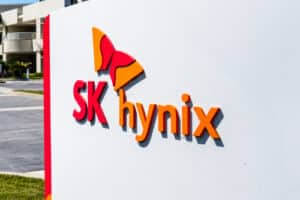Japan’s core consumer prices dove at their fastest pace in a decade in November. The COVID-19 pandemic hit demand, stoking fears of a return to deflation. Moreover, wiping out the benefits of former premier Shinzo Abe’s stimulus policies.
The weak data will pressure the Bank of Japan (BOJ) to maintain its massive stimulus program. The central bank is meeting for a two-day rate review ending on Friday.
From a year earlier, core consumer prices, excluding volatile fresh food costs, fell 0.9% in November. This government data showed on Friday matched a median market forecast.
Since September 2010, the fourth straight month of falls and the fastest pace of year-on-year decline.
The decline was blamed mainly on the government’s travel discount campaign and weak prices of energy. It underscored how sluggish domestic demand kept a lid on prices and hobbled the recovery from the slump.
Takeshi Minami, chief economist at Norinchukin Research Institute said, the resurgence in inflections will keep people home. An expected drop in winter bonus payments will prevent a pickup in consumption.
In addition, he said that consumer prices would keep falling heading into 2021.
The country’s economy grew at the fastest pace on record in July-September. It rebounded sharply from its biggest postwar slump, as exports and consumption recovered from the initial hit from COVID-19.
A Modest Recovery
Analysts anticipate any further recovery to be modest as a resurgence in infections clouds the outlook.
Significantly, Tokyo faces acute strains on its medical system from the COVID-19 pandemic. It has raised its alert level to the highest of four stages on Thursday. The number of new cases spiked to a record daily high of 822.
On Tuesday, the Japanese cabinet approved a third supplementary budget. Therefore, it is funding a $708 billion stimulus package to speed up the economic recovery from its COVID-induced decline.
Additionally, its government plans a record-high $1.03 trillion budget for the next fiscal year. This is to maintain its support for companies and households hit by the pandemic, according to reports.
Meanwhile, elsewhere in other economic news, fashion label Gucci will open two flagship stores on Alibaba’s online luxury shopping platform. The move underscores the importance of the Chinese market for high-end brands seeking to reverse a revenue slide.
Gucci is the profit engine of the French group Kering. The brand is one of the most prized names to join the Tmall Luxury Pavilion platform. The platform now has over 200 brands, from apparel to high-end cars. It was created in 2017.
Significantly, On Dec. 21, Gucci’s first flagship store, selling fashion and leather goods collections, will open. Moreover, a second store focused on beauty products will launch in February 2021. It will be operated by Gucci’s license partner Coty.










